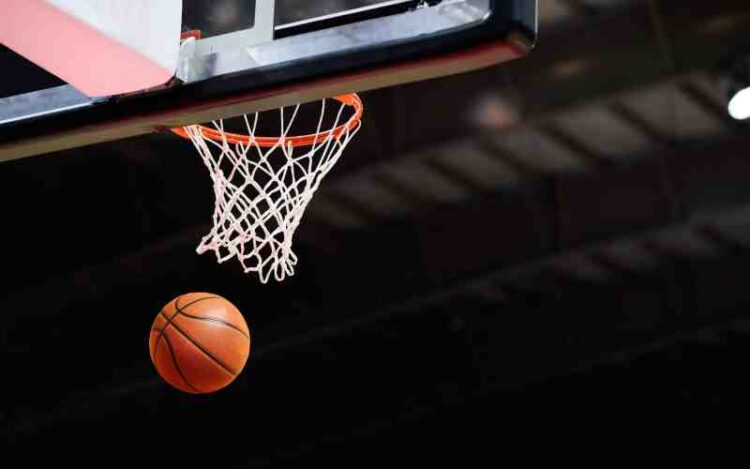The National Basketball Association has decided to strike off cannabis from its prohibited substances roster in a new contract that permits league players to use marijuana and invest in related businesses. This fresh collective agreement, ratified by the NBA and the National Basketball Players Association (NBPA) in April, came into force on Saturday, July 1, and will remain effective until the 2029-2030 season.
The association and the players union declared on Friday that the comprehensive version of the new collective bargaining agreement (CBA) has been finalized and signed. The terms of the new CBA had already been embodied in a memorandum of agreement of shorter form.
Marijuana Stricken Off NBA’s Prohibited Substances Roster
The new agreement calls for the elimination of cannabis from the NBA’s list of prohibited substances. Furthermore, the contract terminates marijuana testing for players, granting them the liberty to use marijuana and other cannabis-based products without repercussions.
While players will be allowed to consume cannabis and will no longer undergo weed tests, the new agreement sets some boundaries. Athletes are not allowed to be under the influence during games, training sessions, or other team events, and misuse of cannabis will still be subject to the league’s intervention.
“If a team has cause to think that one of its players is influenced by marijuana or alcohol during NBA or team-associated activities, or has an addiction issue with marijuana or alcohol, it may refer the player to a compulsory evaluation treatment program,” according to the contract summary.
The contract also stipulates that the “NBA and teams can impose reasonable disciplinary actions on players who are influenced during any team activity or in breach of the law.”
Moreover, the CBA permits players to invest in the cannabis sector. They are allowed to invest in CBD businesses, and can “maintain a passive, non-controlling stake in a company that manufactures marijuana-containing products.” The labor agreement summary specifies that while players “can endorse a company that produces CBD products,” they will “remain restricted from promoting marijuana firms.”
Jesse Burns, Grasslands’ chief marketing officer, told SFGATE that these new regulations could position NBA athletes at the forefront of the CBD movement, stating that players have a chance to “maximize this health and wellness moment” by initiating their own CBD brands.
“People generally understand that CBD is medicinal and provides pain and inflammation relief,” said Burns. “The general public is beginning to grasp this.”
Former Policy Penalized Players for Marijuana Use
The NBA’s former cannabis policy prohibited all players from using the drug. Violators of the policy were directed to the league’s therapy and treatment program after the first violation. Further violations led to a $25,000 fine for the second violation and a five-game suspension without salary for the third.
In response to the COVID-19 pandemic, the NBA ceased testing players for marijuana. Late in 2020, league commissioner Adam Silver stated that the suspension would likely become a lasting policy. Instead of a universal testing program, the league would intervene with players who seem to be misusing cannabis or displaying dependency, while those who are “using marijuana casually” would not be penalized.
“Considering the societal issues and stressors that the players were facing, we decided that we didn’t need to play the role of Big Brother at the time,” Silver told NBC. “To some extent, society’s perception of marijuana has evolved.”
Marijuana And Professional Sports
The NBA’s decision to end its marijuana prohibition for players aligns with similar moves by premier U.S. professional sports leagues. In 2019, Major League Baseball (MLB) lifted the ban on marijuana, even though the existing policy allows for players to be disciplined if they seem to be under the influence during matches, training sessions or team meetings.
The MLB’s stance on marijuana continued to evolve last year when the league declared that teams could enter into sponsorship agreements with cannabis companies. Four months later, it was announced that products from Colorado’s Charlotte’s Web Holdings were named the “Official CBD of MLB.”
The National Hockey League (NHL) has also removed cannabis from its list of banned substances, and players testing positive for the drug are not subjected to disciplinary action. Instead, players with “unusually” high levels of THC detected during tests are referred to a voluntary treatment program.
The National Football League’s collective bargaining agreement for the 2020-21 season eased the league’s stance on cannabis, allowing players to use marijuana during the off-season while maintaining the ban during the season. The agreement also raised the THC threshold that can be present in a player’s drug test before invoking league sanctions and ended game suspensions for all positive drug tests, substituting them with fines instead.









